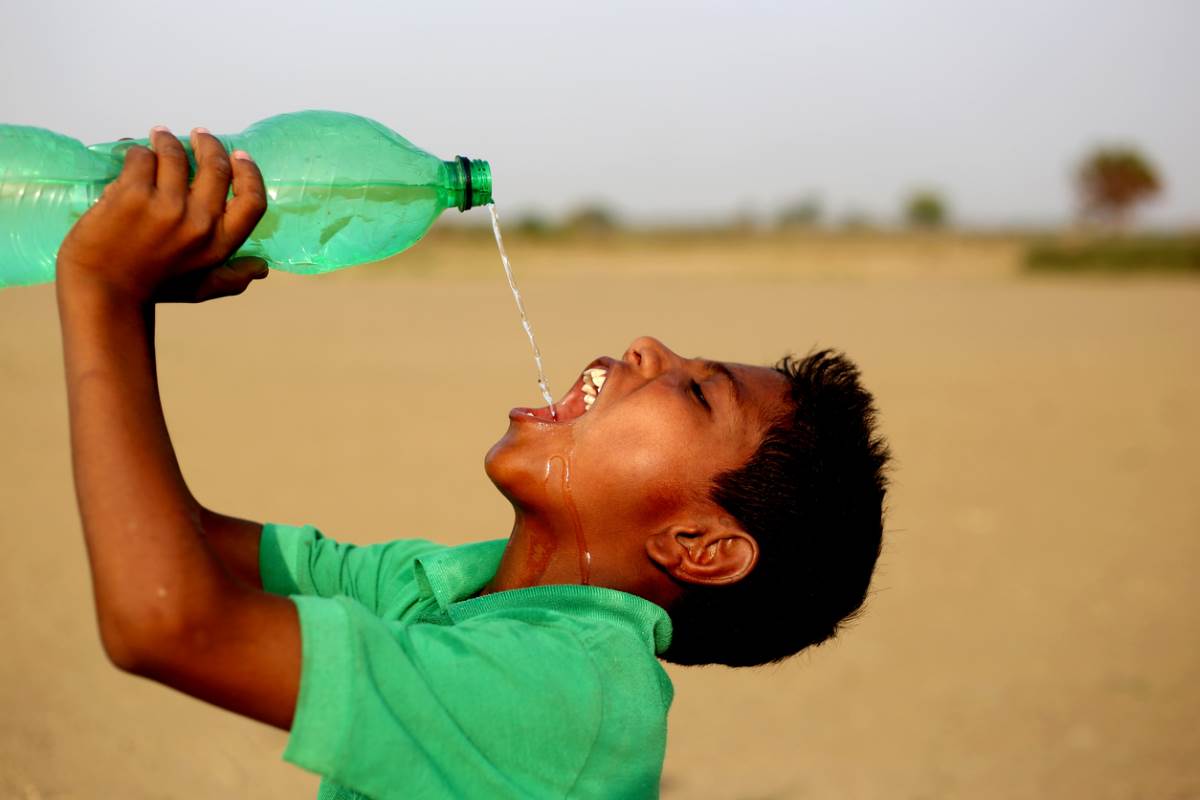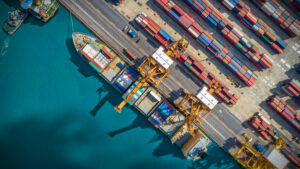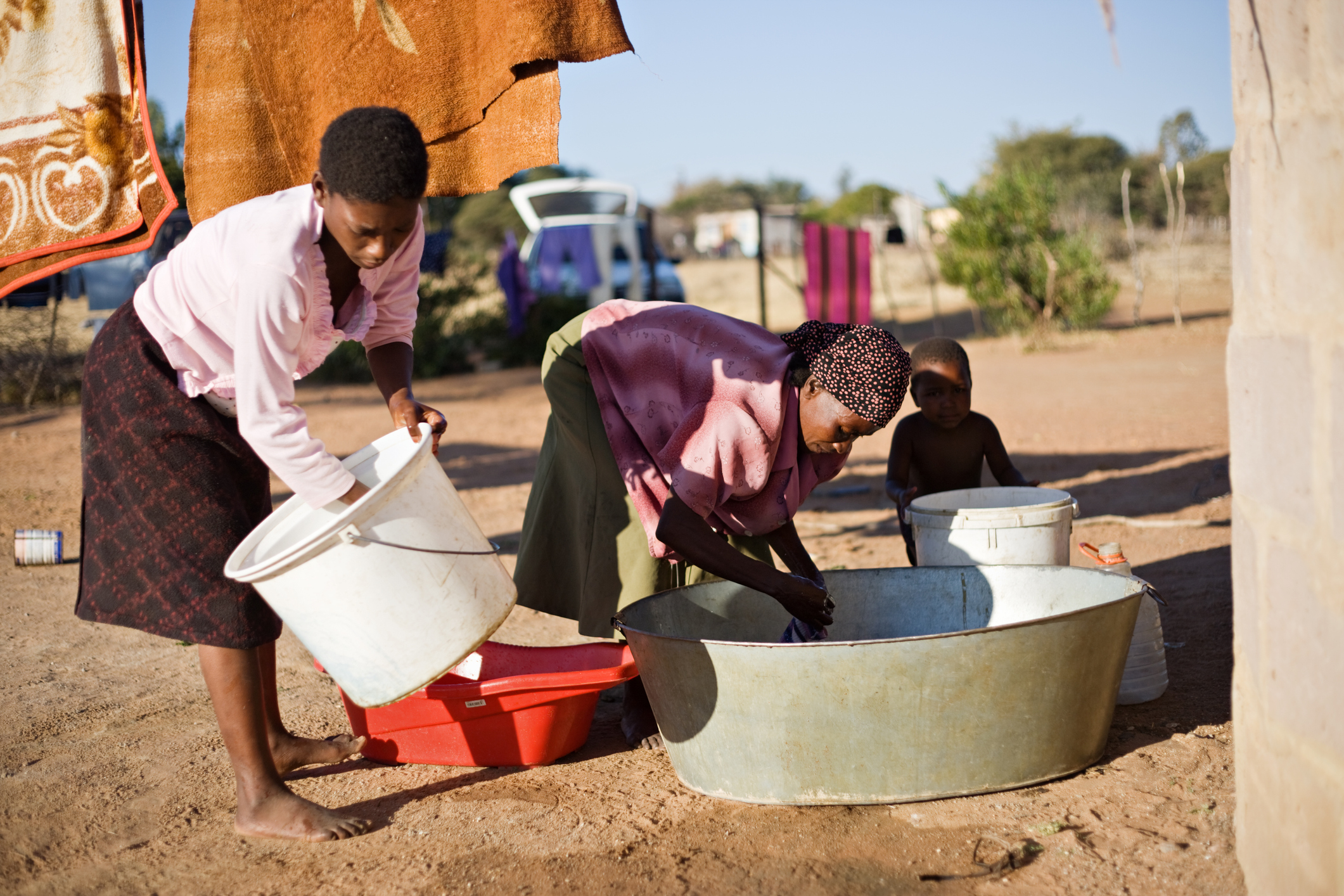The We Are Water foundation is a non-profit organization established in 2010 by Spanish bathroom products manufacturer Roca with the aim of helping to solve global sanitation problems.
One country the Foundation is focussed on is India. Here several projects are underway, ranging from building sanitation units in schools in rural and semi urban areas, building individual household toilets, running skill development programs for plumbers and giving water access to some of the remotest villages in India.
Developing basic plumbing skills is crucial. The Foundation trains people who want to be plumbers, with a focus on women. There are 2 million plumbers in India but many have had little or no formal training. By training plumbers to a higher skill level not only will the outcomes of plumbing work be improved but the upskilled workers will in turn be able to train other plumbers, sharing their new skills.
Toilets use a lot of water, fairly obviously. So the Foundation has introduced rim-free technology which enables a lot of water to be saved during the cleaning of the toilet bowls. This is accompanied by techniques such as “wash and flush” where the water you have used to wash your hands is filtered and reserved for future toilet flushing.
Local people are closely involved in the Foundation’s projects. They are handed over to the village administration to run, with the Foundation providing training about why the hygiene is important as well as instructions on how to maintain the equipment. Behavioural change sessions are organised with village elders and local authorities to promote greater hygiene in the community. These are followed up with “inspections” where behavioural change is assessed.
In some parts of India, there are groups of primitive tribes. These people are not forgotten either. For them water tanks and bore wells are constructed to provide water supply in their villages.
Something the Foundation doesn’t do is provide a continuous supply of clean water. Instead, their job is to enable locals to supply this themselves, to take responsibility of sanitation and hygiene. So they will reconstruct ponds to enable clean water storage. But they won’t provide clean water in tankers.
Another area the Foundation is active in is the manufacture of sanitary pads. It does this by developing women entrepreneurship opportunities through a personal hygiene programme. Women entrepreneurs are given the skills to make sanitary napkins with local materials and to market them, leading to communities becoming self-reliant and independent in this area. In particular this programme targets women who are the below poverty line.
This type of aid helps communities become better skilled and more able to care for themselves, rather than continuing to rely on external interventions. And the combination of education, infrastructure and entrepreneurship surely bodes well for the future of those communities impacted by the work of Roca’s We Are Water foundation.






